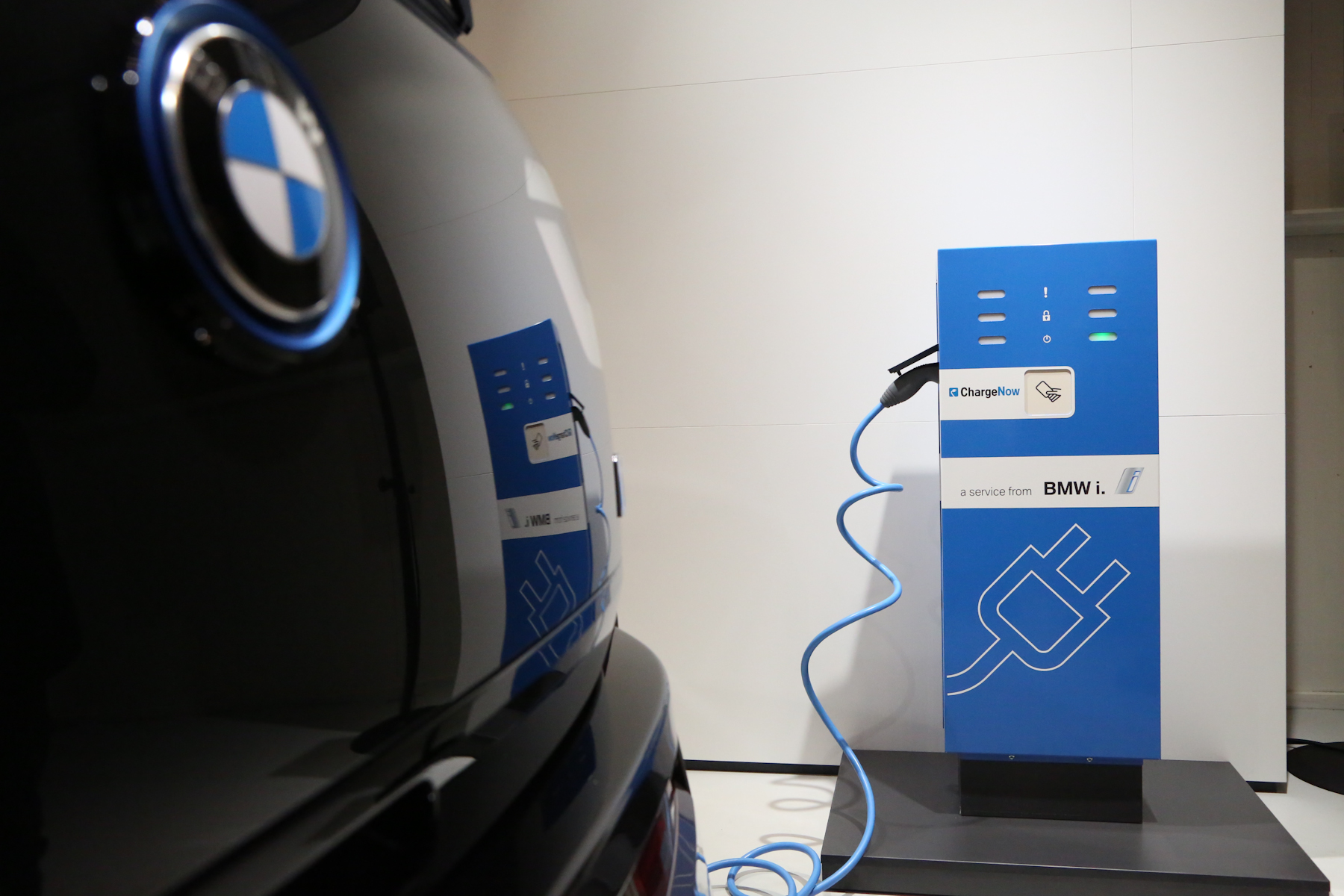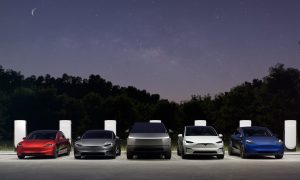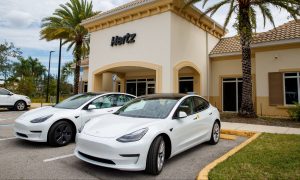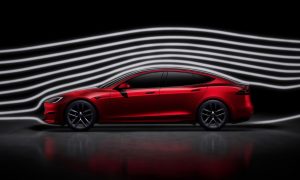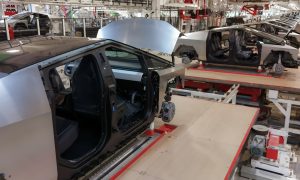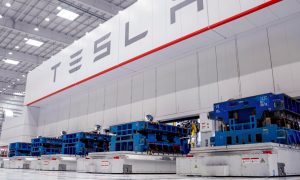BMW chief financial officer Friedrich Eichiner was downbeat about electric cars when he spoke to reporters in Lisbon last week. “We’ve learned that people aren’t prepared to pay a higher price for an electric vehicle. I don’t see some kind of disruptive element coming from electric cars that would prompt sales to go up quickly in the next five to six years.” This is in spite of recent reports that German Minister of Economic Affairs has called for a joint effort by European car makers to produce batteries for electric vehicles in Germany and Europe.
Eichiner says it will take seven years to double the energy density of batteries for electric cars. Until then, “We simply have to walk through the valley of tears,” Stefan Juraschek, vice president of electric powertrain development, told reporters at a briefing at a BMW testing facility in Munich recently. That’s what he says it will take before his company will be able to make money selling battery powered cars.
The conundrum, Juraschek says, is that buyers expect EVs to have longer range and sell for less money. He thinks electric cars will not go mainstream until battery technology improves significantly. “There’s a clear trend to bigger electric cars and longer driving ranges,” Juraschek told the press. The statement is in line with a recent poll suggesting that would-be EV buyers prefer longer battery range over short range but with ultra-fast charging times.
One way around the limitations of current battery technology is to make plug-in hybrid cars. BMW presented a plug-in hybrid MINI Countryman at the Los Angeles auto show last month. It also has added plug-in powertrains to its 3 Series sedan, X5 SUV, and 7 Series sedans. It has plans for a battery electric version of the MINI and the X3 compact crossover SUV but not until 2019.
Plug-ins do not have the same green car credentials as battery electrics, but BMW is hoping they will allow it to cap spending while it pushes the boundaries of autonomous and connected cars. It’s iNext self-driving car is scheduled to come to market in 2021.
BMW’s complaint about the slow pace of battery development seems to run counter to Tesla’s experience. In one year, it doubled the storage capacity of its Powerwall residential battery, added an integrated inverter and lowered the price. It has also consistently pushed the limits of its batteries for the Model S and Model X, finding ways to increase energy density while keeping the size of the overall battery pack the same. Its latest product, the company’s newest 100 kWh battery pack with upgraded liquid cooling seems to prove that advances in battery technology are not quite the “valley of tears” BMW suggests.
Source: Bloomberg

